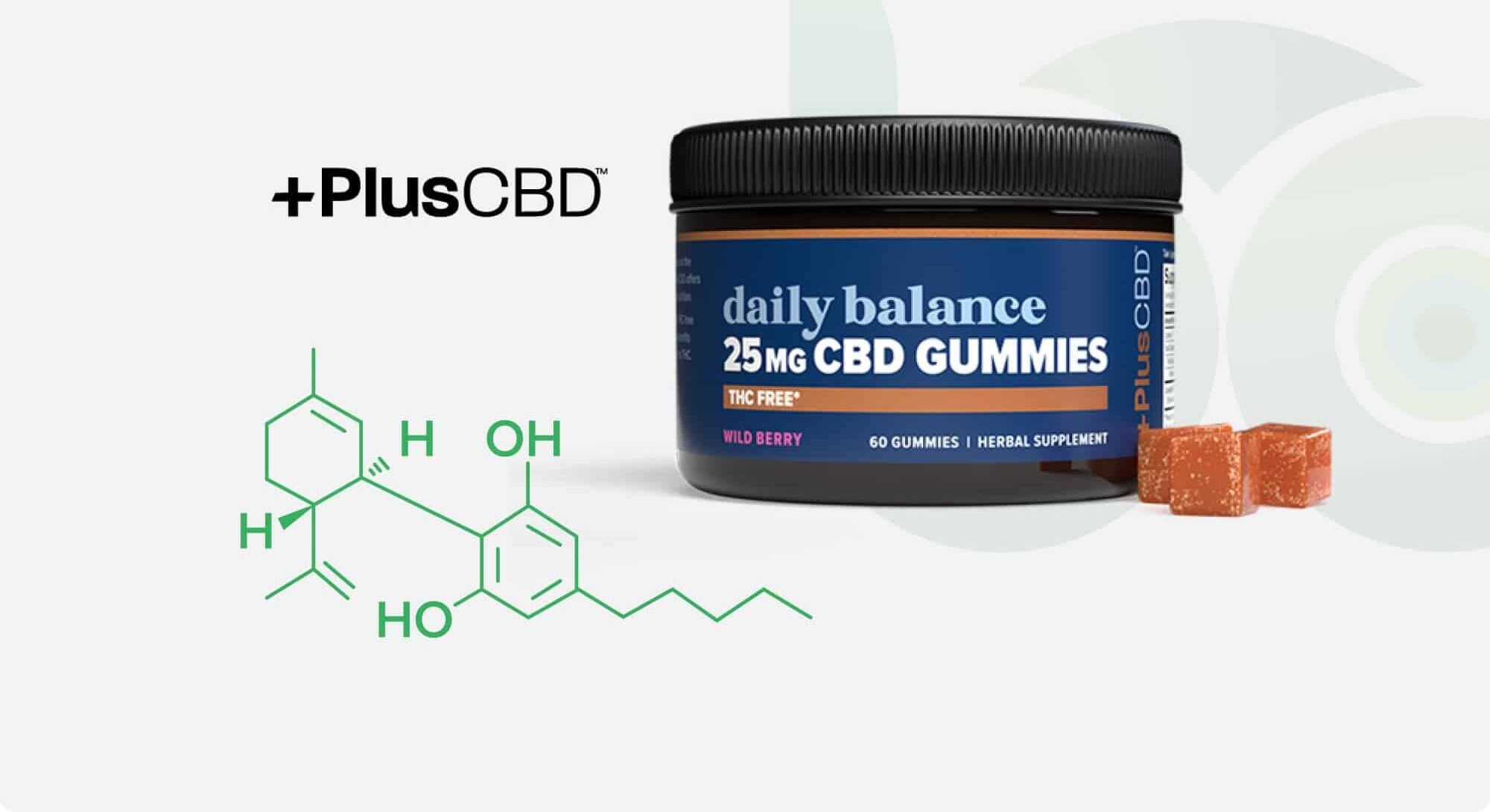-
- Market Research
- |
- CBD Near Me
- |
- Giveaways
- |
- Newsletter
- |
- Contact
- |
- Advertise
- |
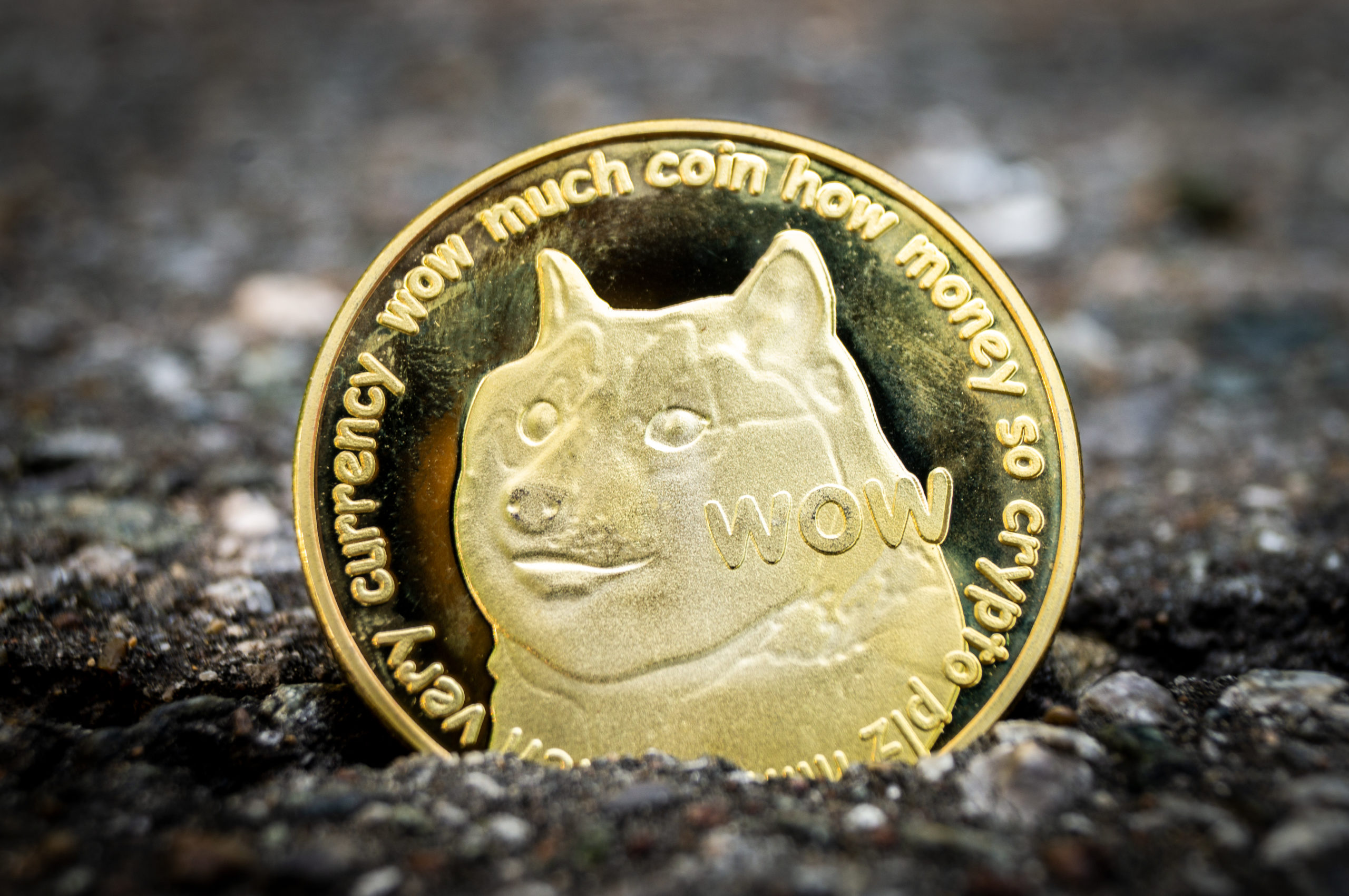
Memes and cannabis culture have always had a bit of a flirtatious dynamic going on, which makes a lot of sense when picturing the state of mind some meme creators must be in to produce their content.
Through the steady stream of weed memes to the shared usage of “dank” (albeit with different meanings), these two communities have been laying down inroads for years now.
Thanks to dogecoin, a meme-based, 8-year-old cryptocurrency that most people heard about for the first time when Elon Musk started tweeting about it, cryptocurrency (and investing in general, thanks to Gamestop) is joining this hybridized online community, quickly turning it into a realm of mellow, yet sardonic investors.
As CBD/hemp enthusiasts ourselves, we couldn’t help but notice several parallels between the rise of dogecoin and the CBD/hemp boom, along with a few key differences.
What could CBD and dogecoin possibly have in common?
First and foremost, both efforts have been community-driven from the start.
Let’s start with a brief history of dogecoin.
The Rise of Doge
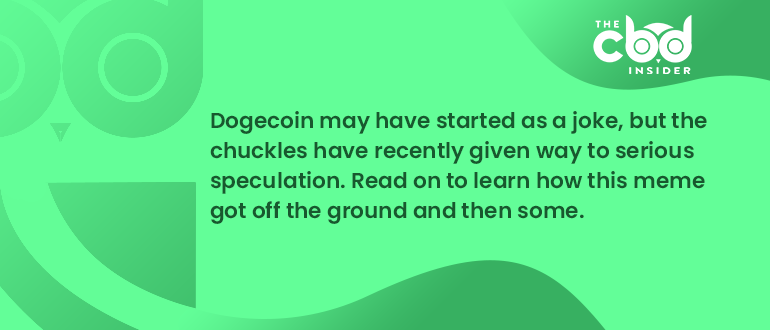
When we say dogecoin is meme-based, we don’t mean that it’s just meme-supported; it was literally started as a specific meme to make fun of Bitcoin.
Software engineers Billy Markus and Jackson Palmer created the cryptocurrency in 2013 from a meme of a Shiba Inu smiling innocently above the word “dog” misspelled as “doge”.
Despite a few ripples of support from meme enthusiasts over the past 8 years or so, dogecoin was doing as expected – not well.
Then, it started doing really well.
At least some of the credit for Dogecoin’s ascension to more than 80$ billion in market value can be attributed to Elon Musk, who has been lightheartedly supporting dogecoin and other cryptocurrencies for years, even jokingly assuming the role of dogecoin CEO.
However, the eccentric tech savant does have an ability to move the needle drastically in both directions, tanking even his own stock on the Joe Rogan Experience, which is exactly what he did just a few days ago to Dogecoin during his May 8th SNL appearance.
Apparently, referring to a cryptocurrency as a “hustle” does not resonate well with dogecoin holders, who all but crashed the Robinhood trading app in a desperate sell-off after the debacle.
Dogecoin value dropped from the mid $0.60s to the upper $0.40s shortly after Musk’s unintentionally (it seems) damning comments about the cryptocurrency, though it did rebound partially afterwards.
Still, even when measuring from the bottom of this dip, Dogecoin is way up—it was trading at about seven cents just a month ago, and for less than a penny in January.
This dramatic episode and the bafflingly profitable months leading up to it just go to show how powerful Internet culture can be when organized, pushing an actual joke into the mainstream.
The CBD Boom
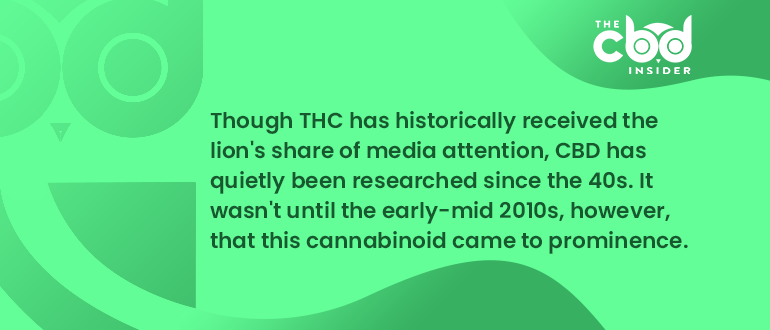
It wasn’t completely silent before the boom, but there is definitely a stark contrast between the state of CBD research and public awareness before and after the mid-2010s.
Technically, CBD has been tested by researchers since the 1940s, shortly after it was discovered.
There was a definitive ramping up in research in the 70s, which ebbed a bit and then shot back up in the early 2000s, but as mentioned, nothing compares to the past six or seven years.
The vast majority of the brands we partner with, in fact, were founded after 2014.
(To see a list of CBD brands we trust, check out our list of Trusted Brands here.)
The CBD boom (2014-present) began long before the research had caught up—it still hasn’t—yet everyone from military veterans to borderline-apoplectic elementary school teachers is still using CBD and sharing their experiences.
As the 2010s progressed, we saw new products and formulations, and the 2018 Farm Bill was monumental in defining and legalizing “industrial hemp” (that which contains no more than 0.3% THC by dry weight).
Though they’re allegedly working on it, CBD has yet to see FDA approval and regulation, which increases the onus on CBD consumers and brands to educate and regulate themselves from within.
From 2014 to present day, the CBD community has had to support itself on largely anecdotal evidence.
Why Dogecoin Reminds Us of the CBD Boom
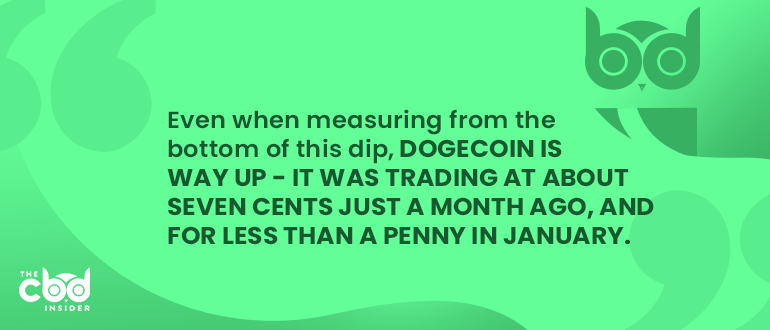
Both CBD and Dogecoin are supported by passionate, self-governing online communities of impressive and rapidly-growing size and influence.
Most importantly, we’re proud to say that CBD, like Dogecoin, is intended in part to subvert the status quo for the betterment of all.
Where cryptocurrencies like Dogecoin can elevate the undervalued worker’s wealth for a more comfortable life, CBD provides comfort to those turning their backs on harsh pharmaceutical products.



